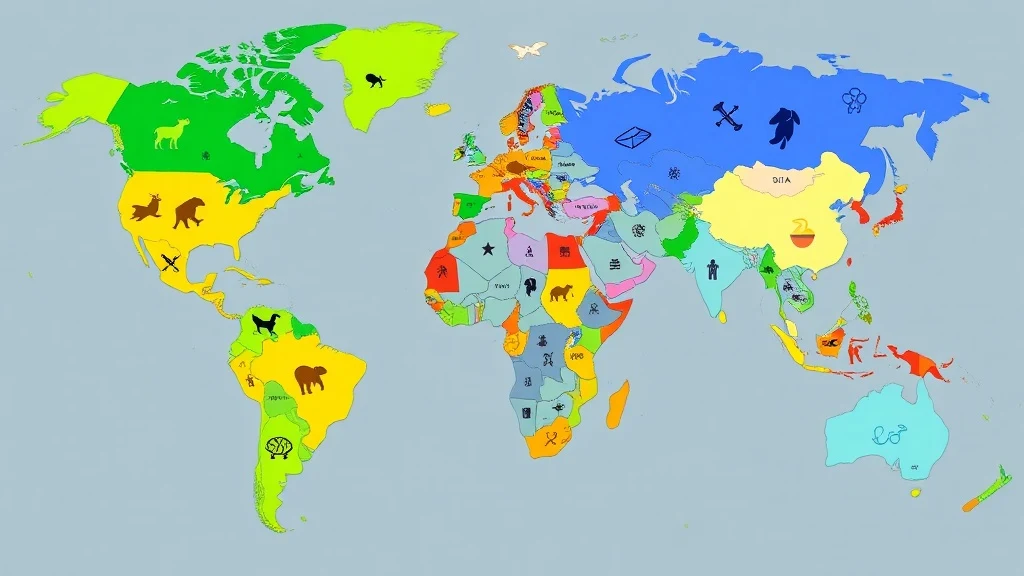Demographics of Individuals Inclined to Dream of Different Dream Phases
Want a Personalized Dream Interpretation?
Curious about how people like you interpret this dream symbol? Explore personalized interpretations tailored to your demographic. Get personalized insights for free!
Get Free Interpretation Now →Table of Contents
1. Age and Gender
Age:
- Children: Dreams often feature fantastical creatures, vivid colors, and imaginative scenarios, reflecting their active imaginations and lack of life experience.
- Teenagers: Dreams tend to focus on themes of identity, independence, and relationships, as they grapple with the challenges of adolescence.
- Young Adults: Dreams may explore career goals, romantic relationships, and self-discovery, as they navigate the transition into adulthood.
- Middle-Aged: Dreams often center around themes of responsibilities, family life, and the realization of goals or missed opportunities.
- Seniors: Dreams may reflect on past experiences, unresolved conflicts, and the inevitable approach of mortality.
Gender:
- Men: Dreams often involve themes of power, aggression, and sexual prowess, reflecting traditional masculine stereotypes.
- Women: Dreams tend to be more emotional and intuitive, focusing on relationships, children, and personal growth.
Dream interpretation is a complex and subjective process that can vary depending on numerous factors. However, understanding the influence of age and gender can provide valuable insights into the underlying motivations and themes present in dreams.
2. Culture and Ethnicity
Cultural and Ethnic Variations in Dream Symbolism

Dreams are a universal human experience, but the meaning of symbols within dreams can vary significantly across cultures and ethnicities. These variations reflect the unique beliefs, values, and life experiences of different populations.
Western Culture
In Western cultures, dreams often symbolize personal aspirations, fears, and desires. Common symbols include:
- Animals: Cats represent independence, dogs loyalty, and snakes deception.
- Objects: Houses symbolize stability, cars freedom, and water emotions.
- Actions: Flying represents ambition, falling failure, and swimming overcoming obstacles.
Eastern Culture
Eastern cultures, such as Chinese and Japanese, interpret dreams more symbolically. Dreams are seen as messages from the subconscious or supernatural realm. Common symbols include:
- Numbers: The number 8 represents prosperity, 9 longevity, and 4 bad luck.
- Colors: Red symbolizes luck, white purity, and black misfortune.
- Mythological Creatures: Dragons represent power, phoenixes rebirth, and unicorns good fortune.
African Culture
In African cultures, dreams are believed to connect individuals to their ancestors and the spiritual world. Common symbols include:
- Ancestors: Dreams of deceased relatives represent guidance or protection.
- Animals: Lions symbolize strength, elephants wisdom, and snakes prosperity.
- Natural Elements: Water represents life, fire purification, and earth stability.
3. Occupation and Lifestyle
The interpretation of dream symbols can vary significantly based on the occupation and lifestyle of the dreamer. Here's a closer look at how these factors influence dream symbolism:
Occupation:
-
Creative Professionals: Artists, writers, and musicians often have dreams filled with vivid imagery and symbolism. Their dreams may reflect their imaginative and intuitive nature, often incorporating themes of inspiration and self-expression.
-
Healthcare Workers: Healthcare professionals commonly experience dreams related to their patients and work experiences. These dreams may provide insights into their patients' conditions or offer ways to cope with the stresses of their work.
-
Business Leaders: Executives and entrepreneurs frequently have dreams about success, competition, and power dynamics. Their dreams may reflect their leadership style and aspirations within the business world.
Lifestyle:
-
Travelers: People who travel frequently may have dreams that involve exploring new places, adapting to different cultures, and seeking adventure. These dreams often serve as a subconscious way of processing their travel experiences and embracing their wanderlust.
-
Outdoor Enthusiasts: Adventure-seekers and lovers of nature often have dreams that take place in wild or natural settings. Their dreams may reflect their connection to the environment and their desire for freedom and exploration.
-
Spiritual Seekers: Individuals who are deeply interested in spirituality and personal growth may have dreams that are filled with symbolism related to their beliefs and practices. These dreams can provide guidance, inspiration, and a deeper understanding of their spiritual journey.
By understanding the influence of occupation and lifestyle on dream symbolism, individuals can gain a richer and more meaningful interpretation of their own dreams. Embracing this perspective allows for a deeper exploration of the subconscious mind and the unique tapestry of experiences that shape our lives.
4. Psychological Factors
Dreams can also be influenced by psychological factors such as stress, anxiety, and depression. People who are experiencing these conditions may have more vivid or disturbing dreams. For example, people who are stressed may dream of being chased or trapped, while people who are anxious may dream of being lost or alone. Dreams can also be a way for people to process traumatic experiences. People who have experienced trauma may have dreams that are related to the event, which can help them to come to terms with what happened.
5. Physical Health Conditions
Dreams are often influenced by our physical health and well-being. Individuals with chronic illnesses or physical disabilities may experience specific dream patterns related to their conditions.
- Chronic pain: Dreams of physical discomfort, pain, or injury reflect the dreamer's ongoing struggle with chronic pain.
- Sleep disorders: Nightmares, vivid dreams, and sleepwalking can be associated with sleep disorders such as insomnia or sleep apnea.
- Mobility limitations: Individuals with limited mobility may dream of being trapped, unable to move, or chased.
- Respiratory issues: Dreams of breathing difficulties, suffocation, or drowning can indicate respiratory problems such as asthma or COPD.
- Cardiovascular disease: Dreams of heart attacks, chest pain, or shortness of breath may reflect concerns about cardiovascular health.
- Cancer: Dreams of darkness, loss, or a sense of foreboding can be associated with anxiety and fear related to cancer.
By understanding the symbolic nature of dreams, individuals with physical health conditions can gain insights into their subconscious thoughts and emotions, helping them cope with their challenges and improve their well-being.
Back to interpretation of different phases

